Science Castle 2022 Kyushu Conference
| Event Name | Science Castle 2022 Kyushu Conference |
|---|---|
| schedule | Saturday, January 21, 2023, 11:45-18:00 (doors open at 11:00) |
| Location | Kyushu University Shiiki Auditorium (on Kyushu University Ito Campus) Access |
The manual will be updated from time to time. We will contact you by e-mail when major changes are made, but we will not contact you for minor modifications; please check the manual on your own.
Update Information
- Nov. 1 Open to the public
Audience wanted!
The conference is open to middle and high school students, middle and high school teachers, researchers, business people, and the general public for auditing.Advance application is required.will be.
We will not set a deadline for advance application, though,Applications will be closed when the venue reaches capacity.Please apply as soon as possible.
All co-researchers and faculty members other than the presenting principal investigator must also apply in advance.
To register, you will need to register your LIVERNESS ID.
What is LIVERNESS ID?https://id.lne.st/whatis
New registration for Liverness IDhttps://id.lne.st/pre_regist
Download Abstracts (Kyushu and Kansai Conferences)
You can download the abstract book here. Please use it not only for auditing but also for your research activities in the following year.
Oral Presentation
O-01
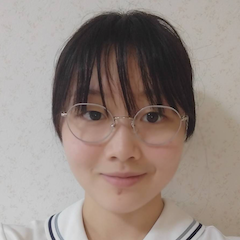
Kotoha Kawasaki (Miyazaki Prefectural Iino High School)
Creating new tourism resources using shochu shochu lees
O-02
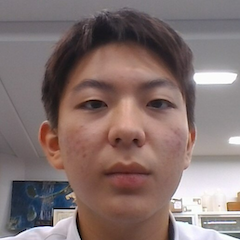
Taiga Shindo (Joto Senior High School attached to Fukuoka Institute of Technology)
Transplanting Eelgrass in Hakata Bay - We want to increase eelgrass beds! ~~
O-03
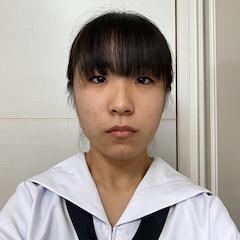
Airi Takayama (Chikushi Jogakuen High School)
Long-lasting colorful sparklers
O-04
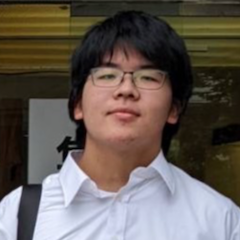
S. Iizuka (Kadokawa Dwango Gakuen N High School)
Efficient use of mist showers V
O-05
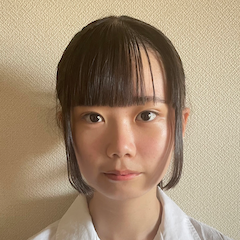
Mau Ishimoto (Kanagawa Gakuen High School)
Development of the safest and fastest nitrobenzene reductant in high schools
O-06
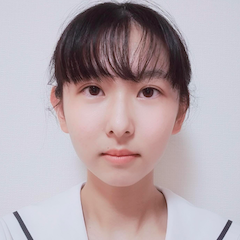
Kana Watanabe (Joto Senior High School attached to Fukuoka Institute of Technology)
Meteor Orbit Analysis II - Search for the parent bodies of meteor showers
O-07
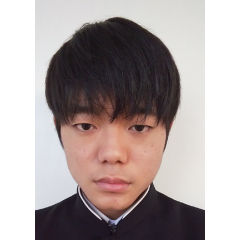
Yamashita Amber Dai (Fukuoka Prefectural Kokura High School)
On the terminal velocity of an object in water
O-08
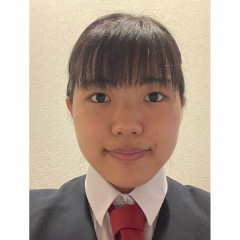
Kurumi Udo (Kumamoto Prefectural Kumamoto High School)
Development and commercialization of gel-air magnesium battery
Schedule for the day
| Venue | Main Venue |
Poster Room |
| 11:00 | inauguration | inauguration |
| 11:45 | opening ceremony (Opening remarks and introduction of partners) |
|
| 12:05 | keynote speech | |
| 12:25 | <Oral Presentation Introduction of Oral Presentation Judges Oral Presentations O-01 to 04 Oral Presentations O-05 to 08 |
|
| 14:40 | First half of poster, odd number | |
| 15:20 | Second half of poster, even number | |
| 16:10 | special project | Poster Exchange |
| 17:10 | Awards Ceremony and Closing Ceremony | |
| 18:00 | end |
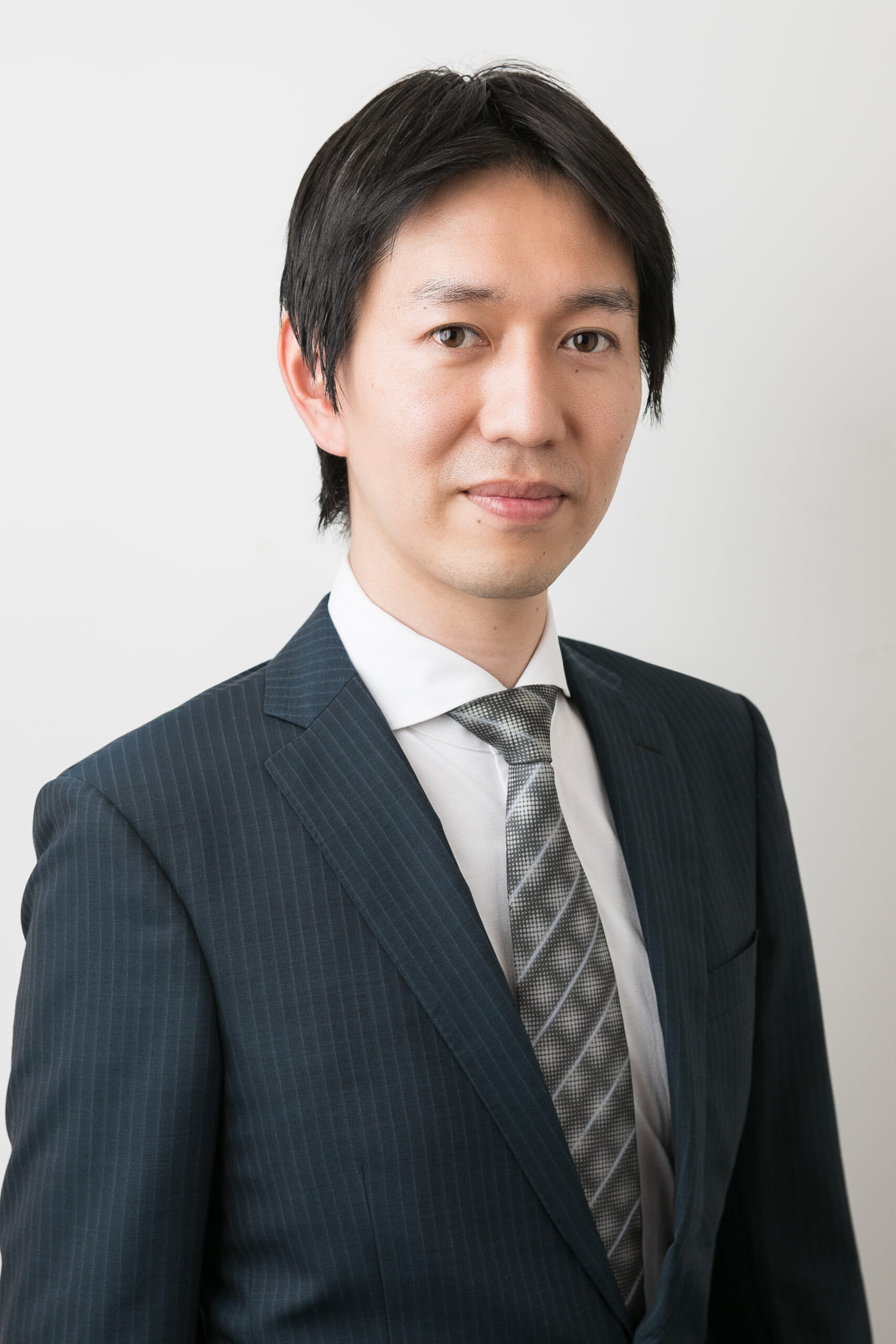
Toshihiro Ishizawa, Jury President
Doctor of Life Sciences
General Manager, Strategic Development Division, Liverness, Inc.
D. (Life Sciences) from the Graduate School of Frontier Sciences at the University of Tokyo in 2007. After an internship period of about 3 years while in the doctoral program, he joined LIVERNESS Corporation in 2008. After serving as the Director of the Osaka Office and the General Manager of the Strategic Development Division, he became the General Manager of the Regional Development Division in 2017. By introducing the concept of "Tech Planter," he is building a regional ecosystem to create R&D-oriented ventures that will spread their wings to the world from research institutions in various regions.
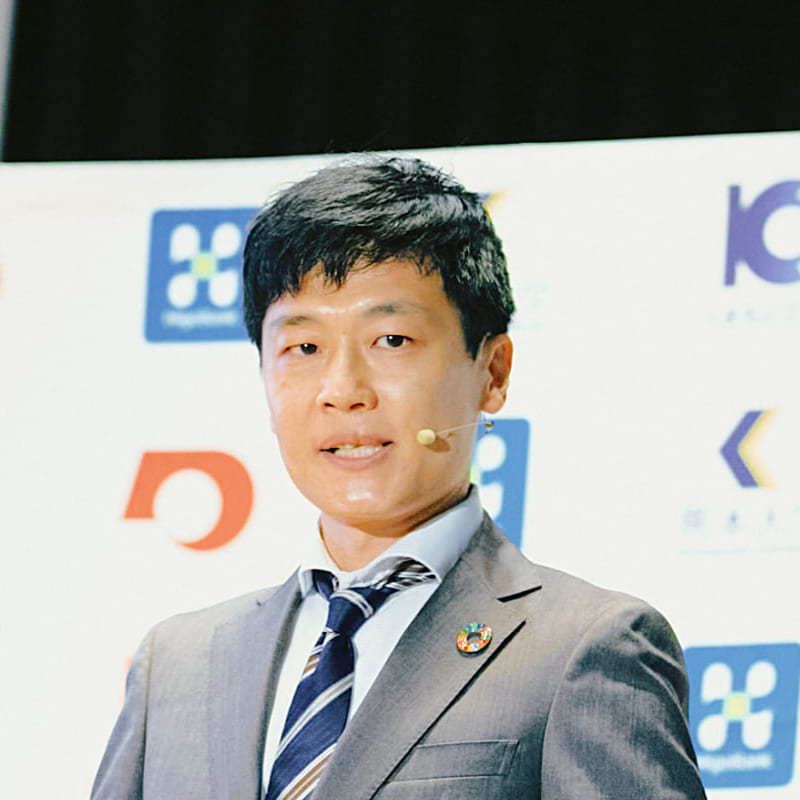
Tsuyoshi Suto
Doctor of Pharmacy
Associate Professor, Global Natural Products Science Center, Graduate School of Life Sciences, Kumamoto University
Born in Beppu City, Oita Prefecture. Studied abroad during his master's program at Kumamoto University Graduate School. Currently, he is an associate professor at the Center for Global Natural Products Science attached to the Graduate School of Life Sciences, Kumamoto University. Since 2017, as a project manager and researcher of UpRod, Kumamoto University's natural products manufacturing project, he has conducted 100 company interviews with pharmaceutical and food companies, and is also conducting his own research on nematode worms. He is also working hard to implement the results of his research on nematodes in society.
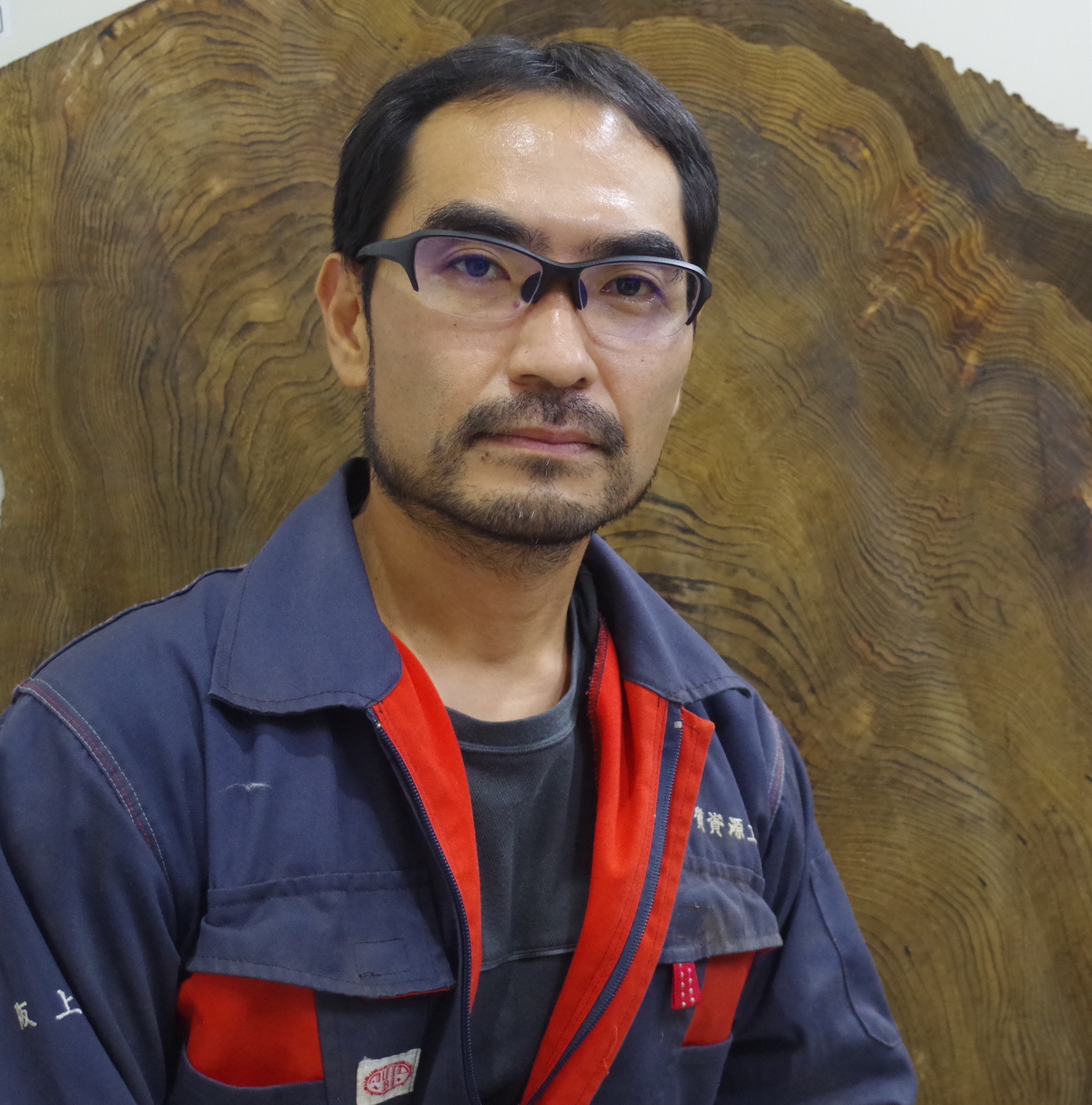
Hiroki Sakaue
Doctor of Agriculture
Assistant Professor, Graduate School of Agriculture, Kyushu University
D. in Agriculture from Kyushu University, Graduate School of Bioresource and Environmental Sciences. After completing his master's degree, he worked for a housing manufacturer before continuing his research at the university again, earning his Ph. He has loved nature since he was a child and enrolled in Kyushu University, which offers a course in Earth and Forest Science. Since entering the university, he has continued his research on wood. He is involved in everything from felling trees to sawing lumber himself, focusing on the "view" of wood and aiming to develop new wood materials with unique performance, even though they look like wood.
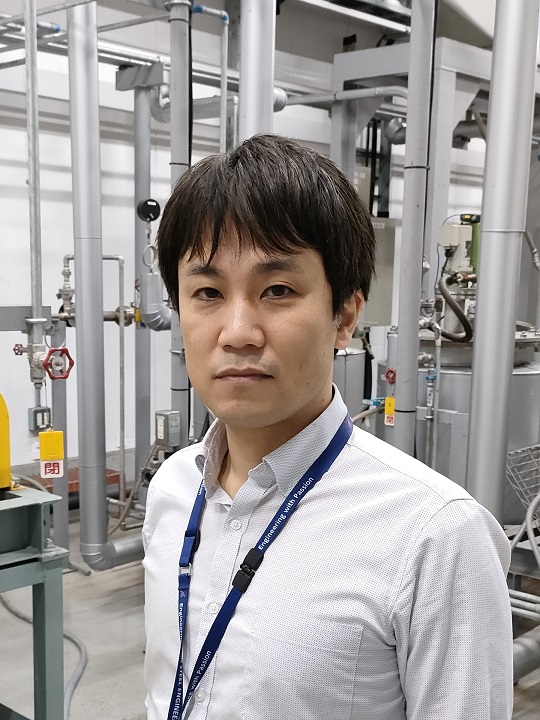
Takafumi Kiuchi
Doctor of Engineering
Manager, Carbon Recycling Technology Office, Technology Development Laboratory, Nittetsu Engineering Co.
Completed a master's degree at Kyushu Institute of Technology in 2003. Joined Nippon Steel Corporation (now Nippon Steel Corporation), and in 2006 became a member of Nippon Steel Engineering Corporation (now Nippon Steel Engineering Co., Ltd.) following its spin-off. From his second year with the company, he planned and implemented the development of bioethanol production technology by applying his university research. He was involved in the design, construction, and operation of pilot plants (Kitakyushu, the Philippines, etc.), etc. In 2009, he completed a doctoral course at Kyushu Institute of Technology (Doctoral Course for Working Adults). D. in engineering, and has been developing and studying the commercialization of bioethanol production technology and CO2 capture and recovery technology at his current position since 2020.
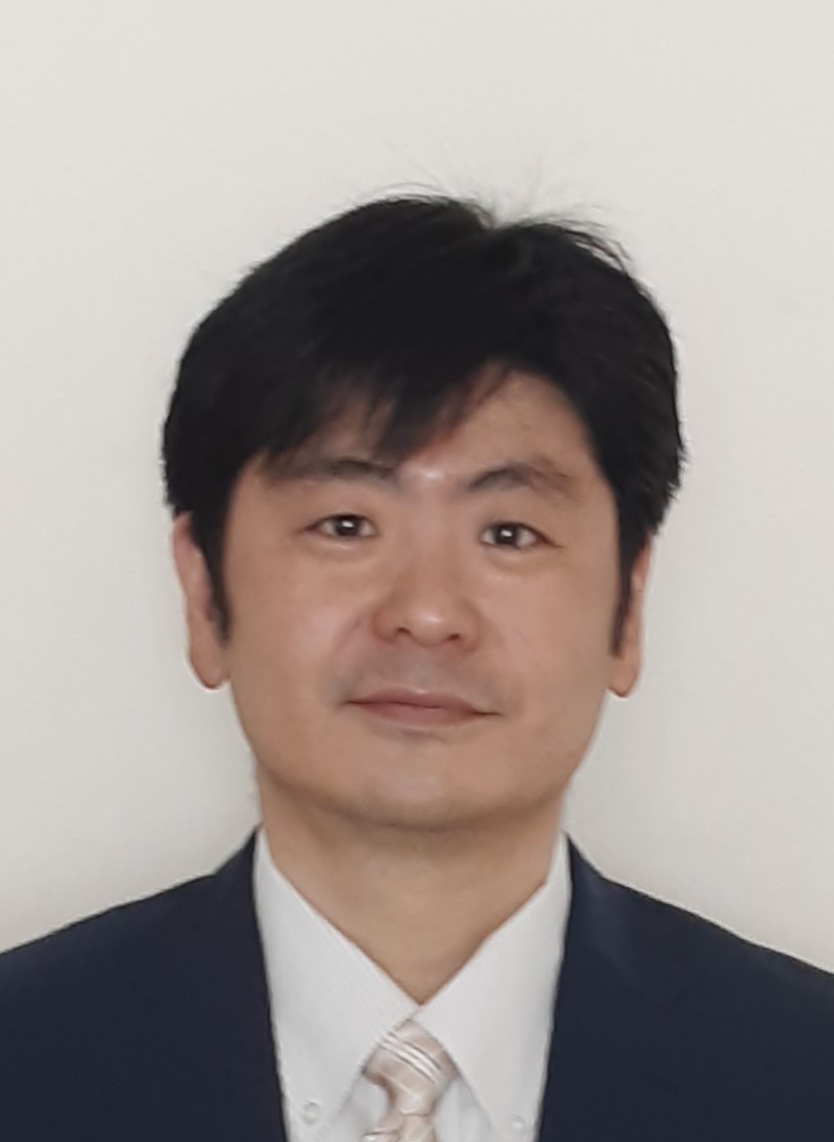
Soejima: Brilliant.
Doctor of Science
General Manager, Research Department, Research and Development Division, KM Biologics, Inc.
General Manager, Research Department, Research and Development Division, KM Biologics, Inc.
B.S., Chemistry, The University of Tokyo. Doctor of Science, Kyushu University. Joined the Research Institute of Chemistry and Serotherapy (KAKETSUKEN). After working in the Research and Development Department, where he was mainly engaged in the research and development of pharmaceuticals using genetic recombination technology, he served as Director of the Research Office and Director of the Research and Development Promotion Department before assuming his current position in April 2022. Transferred from KAKETSUKEN to KM Biologics, Inc. in July 2018, following the transfer of business from KAKETSUKEN.
| No. | subject of an address | PI | belong to |
|---|---|---|---|
| O-001 | Creating new tourism resources using shochu shochu lees | Kotoha Kawasaki | Miyazaki Prefectural Iino High School |
| O-002 | Transplanting Eelgrass in Hakata Bay - We want to increase eelgrass beds! ~~ | Taiga Shindo | Joto High School attached to Fukuoka Institute of Technology |
| O-003 | Long-lasting colorful sparklers | Airi Takayama | Chikushi Jogakuen High School |
| O-004 | Efficient use of mist showers V | Dashing Iizuka | Kadokawa Dwango Gakuen N High School |
| O-005 | Development of the safest and fastest nitrobenzene reductant in high schools | Shin-Euro Ishimoto | Kanagawa Gakuen High School |
| O-006 | Meteor Orbit Analysis II - Search for the parent bodies of meteor showers | Hanana Watanabe | Joto High School attached to Fukuoka Institute of Technology |
| O-007 | On the terminal velocity of an object in water | Yamashita, Amber Dai | Fukuoka Prefectural Kokura High School |
| O-008 | Development and commercialization of gel-air magnesium battery | Kurumi Udo | Kumamoto Prefectural Kumamoto High School |
| P-101 | Japan's first study on insect control in commercial cacao cultivation | CASTELLANOS LEMUS EMILY | Okinawa Prefectural Hedona High School |
| P-102 | Liquid fertilization of jumbo tanishi | Keiko Onizuka | Meiji Gakuen Junior & Senior High School |
| P-103 | Making coffee easy to drink for middle and high school students | Asahinobu Yoshida | Keiai High School |
| P-104 | Reduce global warming by using waste heat! | Fumika Furuya | Chikushi Jogakuen High School |
| P-105 | Development of handmade model rockets | Kaneto Koga | Miike Technical High School |
| P-106. | Bicycles that don't fall over on bumps | Toshina Toda | Miyazaki Kita High School |
| P-107. | Ingredients of xerophyllum effective in improving athlete's foot | Sasa-Kyoto style | Oita Maizuru High School |
| P-108 | Behavior of the two-spined stickleback (Gasterosteus aculeatus) | Haruna Sato | Shinwa High School |
| P-109 | Relationship between clouds and weather over Fukuoka City | Makoto Sato | Joto High School attached to Fukuoka Institute of Technology |
| P-110 | Reaction analysis of redox reactions using methylene blue | Yusuke Sakai | Sakuragaoka High School |
| P-111 | Predicting ash fall during the next Sakurajima eruption | Masu Yamasako | Kokubu High School |
| P-112 | Ecological survey of marine organisms in the Ariake Sea | Keishin Yamamoto | Fukuoka Prefectural Miike Technical High School |
| P-113 | Meteor Orbit Analysis II ~Exploring the Perseid Meteor Shower | Terashima Kosei | Joto High School attached to Fukuoka Institute of Technology |
| P-114. | Relationship between microplastic size and fish mishandling | Shinta Ogawa | Kaisei Junior and Senior High School |
| P-115. | The nature of liquids and their effect on the ups and downs of water striders | Kei Odawara | Shinwa High School |
| P-116. | Topography read from clouds | Haruyuki Matsuki | Kumamoto Gakuen University High School |
| P-117. | Development and deployment of microbial teaching materials using VR technology | Rintaro Kamimura | Sasebo National College of Technology |
| P-118 | Enormous amount of energy produced by air | Yuusuke Kido | Seinan Gakuin High School |
| P-119. | Eliminate noise: ❗️ Active Noise Cancellation | Morinaga Bailiwake | Miyazaki Kita High School |
| P-120 | tissue culture | Takumi Kanzaki | Seinan Gakuin High School |
| P-121 | X-Gyro Flight Considerations | Takuma Narusei | Fukuoka Prefectural Kokura High School |
| P-122 | Studies on sooty mold fungus infecting tomatoes | Yudai Kawabata | Kumamoto Prefectural Second High School |
| P-123 | Effects of stigma on transpiration and respiration | Shuri Soma | Shinwa High School |
| P-124 | Creation and use of school VR space | Yasuo Oko | Kumamoto Prefectural Kumamoto High School |
| P-125 | Reconstructing the weather of the Edo period from the weather descriptions in the "Inazuka Family Diary. | Tomoya Taniguchi | Ikeda Gakuen Ikeda High School |
| P-126 | Can the smell of cow manure be eliminated? | Anzu Ikeda | Kanamoto High School |
| P-127 | Differences in composition and effects of different types of chenpi | first flower of the season | Kumamoto Prefectural Second High School |
| P-128 | Save the planet from microplastics! | Amber Tanaka | Kumamoto Prefectural Second High School |
| P-129 | Sparklers without gunpowder | An Yumi Tazoe | Chikushi Jogakuen High School |
| P-130 | Research on methods of handling gallium with less wettability | Yugo Karashima | Kumamoto Prefectural Kumamoto High School |
| P-131 | Improving the performance of non-explosive fireworks and discovering new recipes | Hanako Fujiwara | Chikushi Jogakuen High School |
| P-132 | Preferred growth environment and aquaculture method of Suisenori. | Michika Fujieda | Kumamoto Prefectural Second High School |
| P-133 | Catalyst optimization in esterification | Anna Uchida | Kumamoto Prefectural Second High School |
| P-134 | Determination of acid-base concentration using a saccharimeter | Kanri Fukunaga | Shinwa Junior & Senior High School |
| P-135 | The Wonder of Soymilk Salting | Kanri Fukunaga | Shinwa Junior & Senior High School |
| P-136 | Predicting Flares from Simultaneous Multi-wavelength Observations from Ground and Space | Fukuyama Haga | Miyazaki Prefectural Miyazaki Kita High School |
| P-137 | The Impression of the Japanese Linguistic Voice | Amber Horisaka | Kumamoto Prefectural Second High School |
| P-138 | Vivid Aburi Hygrometer | Kiyo Suzuki | Kumamoto Prefectural Kumamoto High School |
| P-139 | Clarification of the normal state of Lake Ezu | Miyu Suita | Shinwa Junior & Senior High School |

keynote speech
Wood as Sponge? My unconventional challenge as a boy who loved nature."
Hiroki Sakaue / Assistant Professor, Graduate School of Agriculture, Kyushu University
In recent years, many environmental problems such as resource depletion, global warming, abnormal weather, and micro-plastic problems have been called for solutions. Wood, which is highly productive and degradable, and has little burden on the environment as a sustainable resource, has been attracting attention. Against this backdrop, Dr. Sakagami has developed a unique type of wood that retains the appearance and texture of "wood" such as annual rings and color, but is easily deformed when force is applied, but returns to its original shape when the force is removed, in a sponge-like state. He will talk about why he was able to develop this new product, the interesting aspects of wood that he has discovered through his continued research on wood, as well as the motivation for pursuing his research and the fascination and appeal of his research.
<プロフィール>
D. in Agriculture from Kyushu University, Graduate School of Bioresource and Environmental Sciences. After completing his master's degree, he worked for a housing manufacturer before continuing his research at the university again, earning his Ph. He has loved nature since he was a child and enrolled in Kyushu University, which offers a course in Earth and Forest Science. Since entering the university, he has continued his research on wood. He is involved in everything from felling trees to sawing lumber himself, focusing on the "view" of wood and aiming to develop new wood materials with unique performance, even though they look like wood.
Booth Workshop
Let's change the world with the power of research from Kyushu!
Leave a Nest Co., Ltd.
Workshop for Teachers]
How will biotechnology change our lives?
Leave a Nest Co., Ltd.
*Pre-registration is accepted.
Booth Workshop
Let's change the world with the power of research from Kyushu!
Leave a Nest Co., Ltd.
Location:Poster venue
Implementation time: 14:40-17:00
We will discuss how to deliver research results to society together with university researchers and venture companies who have the passion to change the world with their own research results! With the passion to "Change the world with our research results!", we will discuss how to deliver research results to society with university researchers and venture companies who are currently taking on big challenges from Kyushu to the world. In this program, researchers and venture companies will talk about the research they are working on, followed by a workshop to discuss how to solve social issues using their research and venture company technologies. Let's learn about the thoughts and visions of Kyushu's entrepreneurs who are actually close to you, and discuss the future that lies beyond their research.
Workshop for Teachers]
How will biotechnology change our lives?
Leave a Nest Co., Ltd.
Location:Main venue
Implementation time: 16:10-17:00
Applications will be accepted on a first-come, first-served basis from those who register in advance. If seats are still available, participants may join on the day of the event.
We will introduce the connection between advanced biotechnology and our daily lives, such as genome editing technology and bioplastics. We will also introduce teaching materials and science posters that can be used as themes for exploration and problem-based research.
List of Booth Projects
Booth exhibits of the following projects will be held at the poster venue.
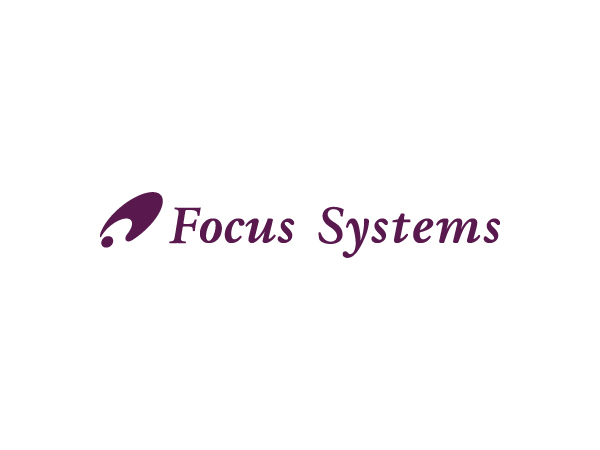
Can cacao grow in Okinawa? Cacao Cultivation Environment Research Project
Focus Systems Co.
Cacao is the raw material for chocolate. Can cacao be cultivated in Okinawa Prefecture, far north of the cacao belt, which is suitable for growing cacao? In order to link this to a new industry in the region, we are supporting cacao growers who are engaged in cacao cultivation in cooperation with junior and senior high school students, researchers, and venture companies. In this issue, we will introduce our cultivation research efforts with cacao growers to find out if cacao can withstand the cold of Okinawan winters and how damage caused by insect pests can be suppressed. If you are interested in taking on new challenges in Okinawa, please stop by.
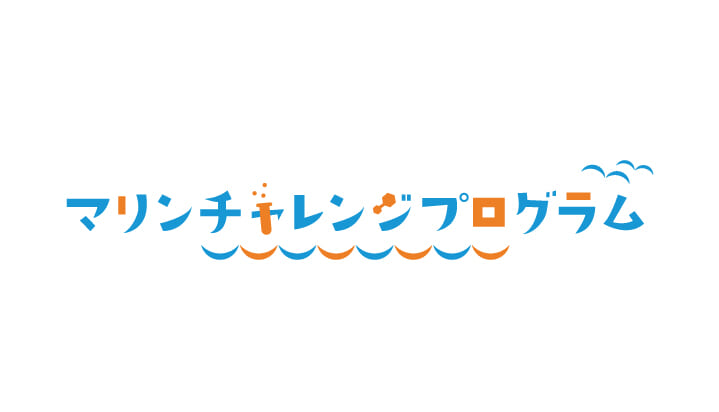
Challenge yourself to research the ocean and aquatic environment! Marine Challenge Program
The Nippon Foundation, JASTO, Liverness Inc.
The Marine Challenge Program is a program to support you who want to start research on the ocean and aquatic environment. At this booth, we will introduce past research themes, give advice on planning research themes, and introduce the Marine Challenge Program.
How will biotechnology change our lives?
Leave a Nest Co., Ltd.
We will introduce the connections between advanced biotechnology and our daily lives, such as genome editing technology and bioplastics. We will also introduce video clips, slides, and other teaching materials that can be used as themes for exploration and problem-based research. We are also looking for model schools to conduct classes!
Partner
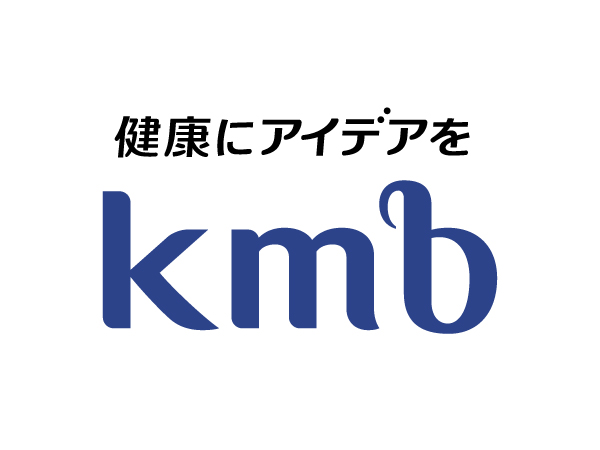



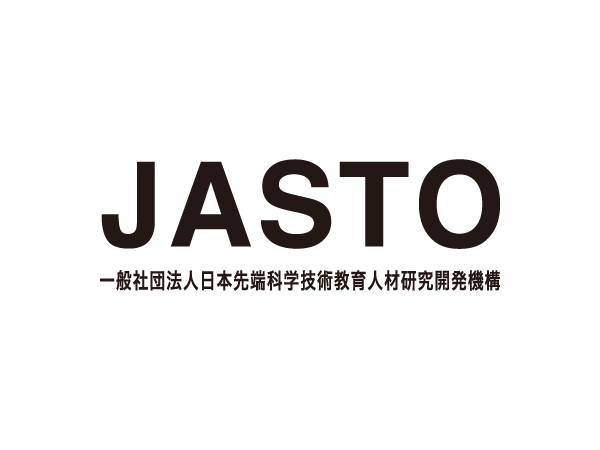
Organizing and planning

